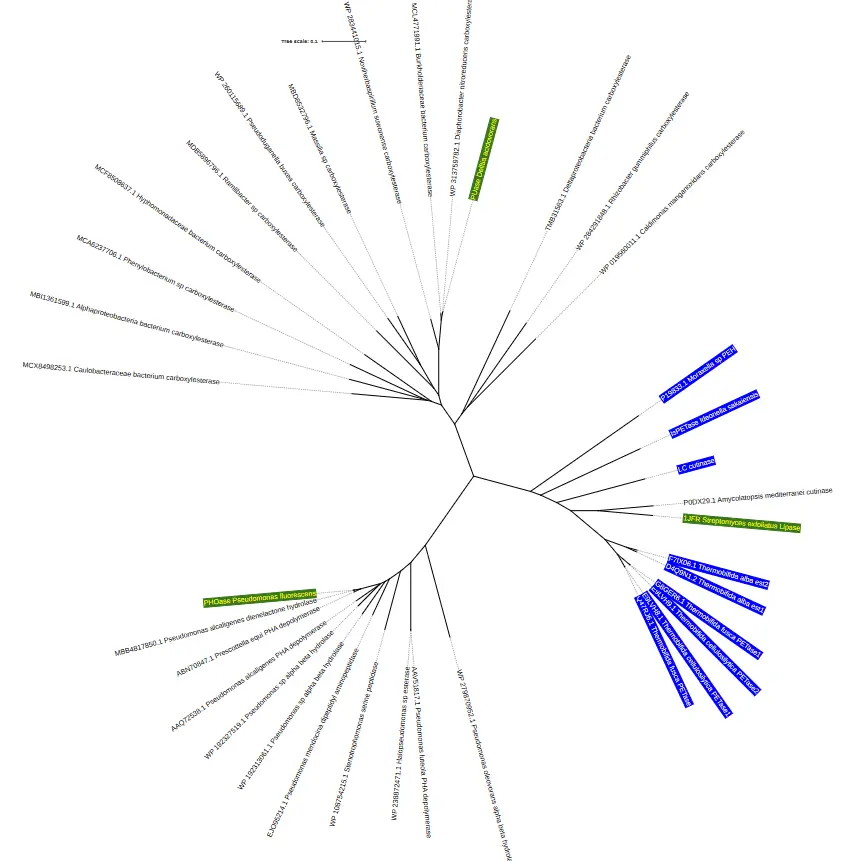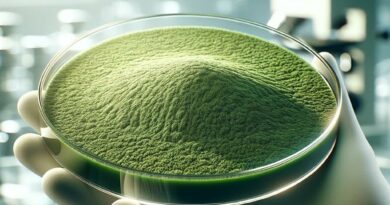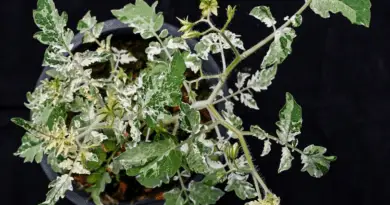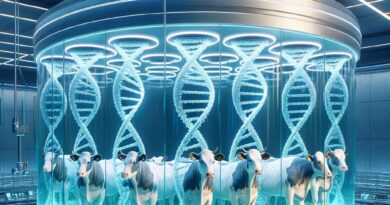New Comparative Study of Enzymes on Plastics

The escalating issue of plastic waste poses significant environmental challenges globally, necessitating sustainable and effective solutions. A promising avenue lies in leveraging bacterial enzymes, specifically polyesterases, to degrade various types of polyesters found in plastic waste. A recent study titled “Exploring the Substrate Spectrum of Phylogenetically Distinct Bacterial Polyesterases“, authored by Konstantinos Makryniotis, Efstratios Nikolaivits, and colleagues, delves into this innovative approach. Published in the Biotechnology Journal, the research investigates four distinct bacterial polyesterases—DaPUase, IsPETase, PfPHOase, and Se1JFR, a novel PETase-like lipase—to understand their substrate specificity and efficiency in polyester degradation.
Enzymatic Mechanisms and Efficacy
The study focuses on the structural and biochemical characterization of these enzymes, evaluating their effectiveness in breaking down different synthetic plastics. The polyesterases examined demonstrate a broad spectrum of activity against various polyesters. Notably, Se1JFR exhibits significant proficiency in degrading poly(butylene succinate) (PBS), poly(lactic acid) (PLA), and polyether polyurethane (PU), while showing comparable results with IsPETase in the degradation of poly(ε-caprolactone) (PCL) and semi-crystalline polyethylene terephthalate (PET).
A crucial aspect of the research is the observed consistency in degradation patterns across all tested enzymes. This consistency highlights the inherent potential of PETase-like enzymes in environmental and industrial applications. The findings underscore the broad substrate spectrum of bacterial hydrolases and emphasize their significant potential in addressing the challenges posed by polyester-based plastic pollution.
Challenges and Future Directions
Despite the promising insights, the research acknowledges several challenges and limitations. One major hurdle is the complexity of industrial and urban plastic waste streams, which often contain mixtures of various polymers and organic molecules. This diversity complicates recycling processes, where separating and classifying different polymers is essential for effective degradation.
The efficiency of enzymatic degradation is also influenced by a polymer’s physical and chemical properties, such as crystallinity, molecular weight, and polarity. These factors can affect how well the enzymes can break down the plastics, necessitating further optimization of the enzymatic processes.
The study underscores the necessity for in-depth exploration of enzyme degradation capabilities across a range of polyesters. Identifying optimal combinations of enzymes capable of efficiently handling diverse plastic wastes is pivotal. Such knowledge is crucial for developing synergistic enzyme cocktails tailored for complete or selective degradation of polyester plastic waste mixtures.
Conclusion
This research significantly advances our understanding of the substrate spectrum of phylogenetically distinct bacterial polyesterases. By illuminating the potential of these enzymes in degrading a variety of polyesters, the study paves the way for developing targeted enzymatic solutions that could revolutionize plastic recyclability. While further research is needed to refine these approaches and scale them for practical applications, the findings contribute valuable insights to the scientific community and point toward practical solutions for global waste management practices.
Moving forward, overcoming existing barriers to applying these biotechnological solutions in real-world scenarios remains a critical focus. Emphasizing sustainable strategies, the continued exploration of bacterial polyesterases holds promise for a future where plastic pollution can be effectively mitigated through innovative science.
References
- Original Research Paper. Exploring the Substrate Spectrum of Phylogenetically Distinct Bacterial Polyesterases. Biotechnology Journal.
Keywords
Bacterial Polyesterases, Plastic Waste Degradation, Enzymatic Recycling, PETase-like Enzymes, Environmental Biotechnology, Polyester-Based Plastics, Waste Management, Sustainable Solutions, Biodegradation, Enzyme Substrate Specificity
Disclaimer: The information presented in this article is intended for informational purposes only and reflects the findings of the referenced study as of the publication date. While the research shows promising results, further studies and practical applications are necessary to fully realize the potential of these enzymatic solutions. For detailed information, please refer to the original research paper or consult professionals in the field.



